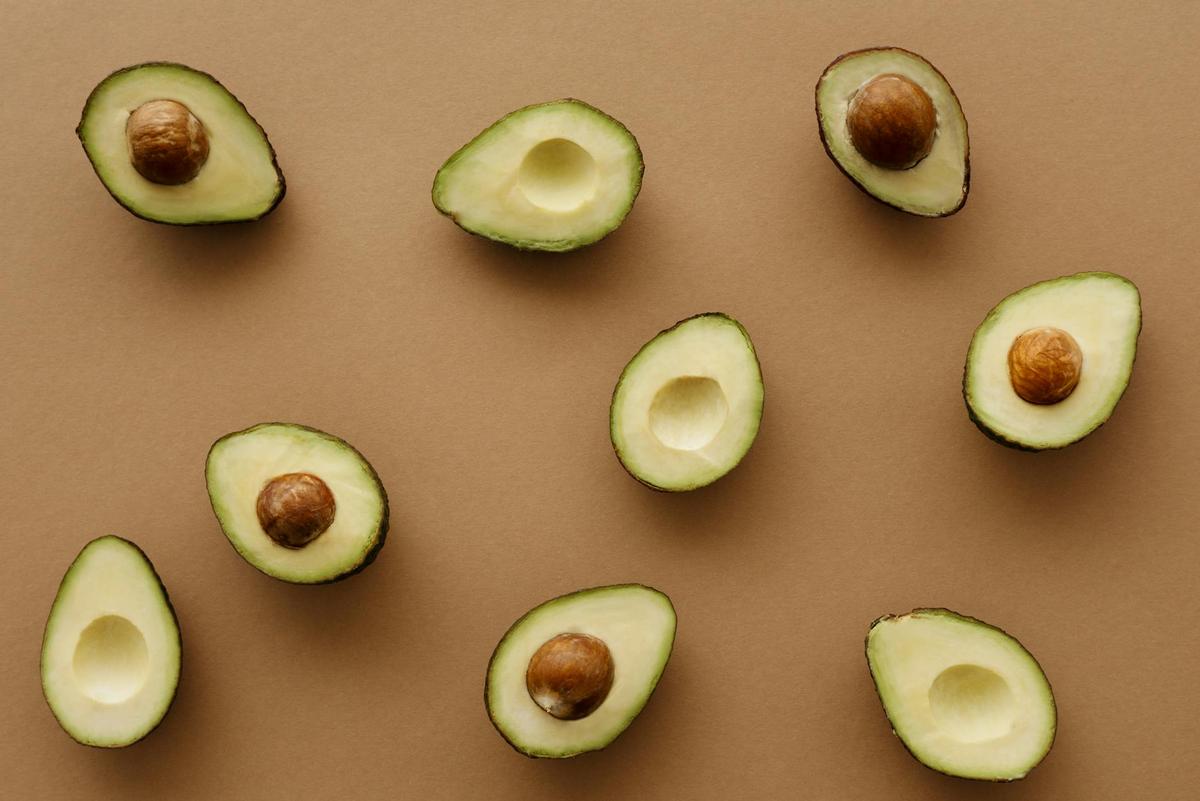
Nutritional Myths about Veganism Debunked
Veganism is often surrounded by a cloud of misconceptions, particularly when it comes to nutritional aspects. Many people still believe that a vegan diet is inherently lacking or unhealthy. In this blog post, we’ll shed light on some common nutritional myths about veganism and provide evidence-based insights to debunk them.
Exploring Vegan Nutritional Myths
One of the most persistent myths about veganism is that it lacks sufficient protein. However, numerous plant-based foods are rich in protein, such as lentils, chickpeas, and quinoa. According to the Academy of Nutrition and Dietetics, well-planned vegan diets can meet all nutritional needs, including protein.
Dispelling the Calcium Myth
Another widespread belief is that vegans cannot get enough calcium without dairy. In reality, many plant-based sources like fortified plant milks, tofu, and leafy greens are excellent calcium sources. A study published in the American Journal of Clinical Nutrition found that vegans have similar bone health compared to non-vegans when they consume adequate amounts of calcium.
Iron and B12 – The Common Concerns
Iron is often a point of concern, yet plant-based foods such as lentils, beans, and spinach are rich in iron. It’s important to combine these with vitamin C-rich foods to enhance absorption. Vitamin B12 is another nutrient that requires attention, as it’s primarily found in animal products. Vegans can rely on fortified foods or supplements to maintain adequate B12 levels.
Personal Experience
As a long-time vegan, I initially worried about nutrient deficiencies. However, by incorporating a variety of plant-based foods and being mindful of my nutritional intake, I found that my energy levels and overall health improved significantly.
Actionable Tips
- Plan meals to include diverse sources of protein, like legumes and nuts.
- Incorporate fortified foods to ensure sufficient intake of calcium and B12.
- Pair iron-rich foods with vitamin C sources for better absorption.
| Myth | Reality |
|---|---|
| Vegans can’t get enough protein. | Plant-based diets can meet protein needs with foods like lentils and quinoa. |
| Calcium is only in dairy. | Fortified plant milks and leafy greens provide ample calcium. |
| Iron deficiency is inevitable. | Iron from plants, combined with vitamin C, is sufficient. |
| Vegans must be deficient in B12. | Fortified foods and supplements ensure adequate B12. |
FAQs
Can vegans get enough protein?
Yes, with foods like beans, lentils, and nuts, vegans can meet their protein needs.
Do vegans have weaker bones?
No, with adequate calcium intake from fortified foods and greens, bone health can be maintained.
How do vegans get B12?
Vegans can obtain B12 from fortified foods or supplements.
Debunking these myths reveals that veganism can be a healthy and fulfilling dietary choice when well-planned. By understanding and addressing these common misconceptions, individuals can embrace a plant-based lifestyle with confidence, knowing they are nourishing their bodies effectively. For more insights and tips, explore additional resources like the Academy of Nutrition and Dietetics.


